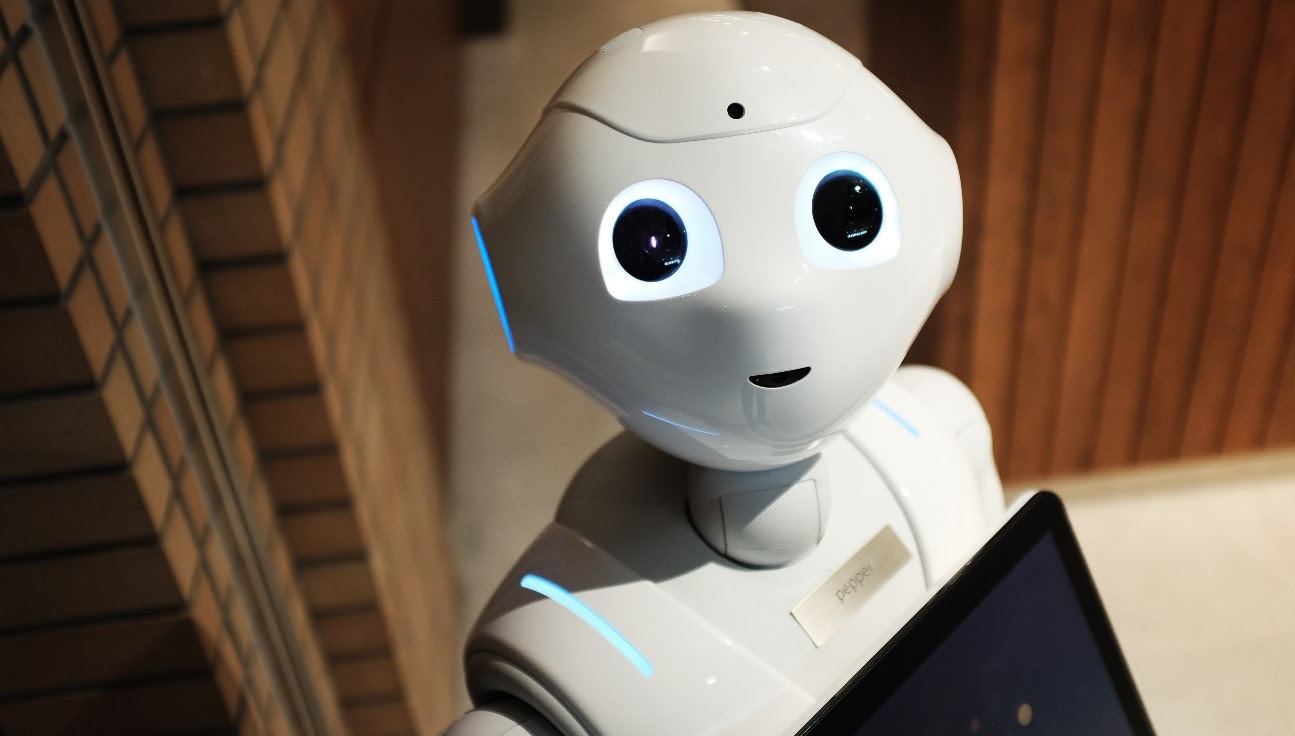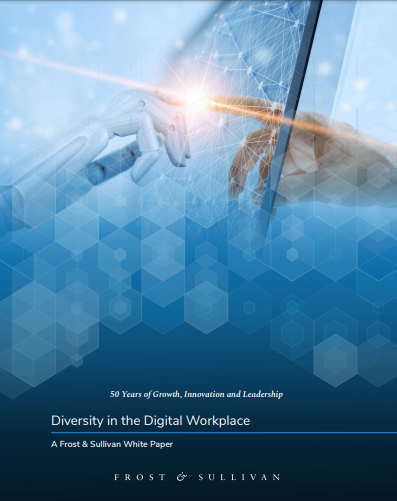NHS to inject more robots into healthcare with UWE Bristol partnership
Robotics could help care for an ‘ageing population requiring ever more complex treatment’


The Bristol Robotics Laboratory of the University of the West of England (UWE Bristol) has partnered with North Bristol NHS Trust (NBT) in developing robotics and other healthcare technology for one of the UK’s leading medical centres, Southmead Hospital.
The partnership will explore how artificial intelligence (AI), machine learning, and socially and physically assistive robots could be employed to better support patients.
One of the anticipated robotic systems is CHIRON - currently at the prototype stage - designed to support older adults with mobility and other ageing-related impairments. The robot could eventually assist with anything from bringing a tray of food or drink to a patient whenever needed, to helping those with mobility issues to their feet and practise walking to aid their recovery.
“Hospitals are likely to be the first adopters of this type of technology so it will be beneficial to test our prototype in a hospital setting and work with hospital staff in shaping it,” said Professor Praminda Caleb-Solly, leading research in Assistive Robotics and Intelligent Health Technologies at Bristol Robotics Laboratory.
"Through this partnership, we can have a more clinically-informed focus to our research and make it more relevant to the specific needs of the patients and NHS staff.”
Robotics are nothing new to Southmead, as they are already used to conduct a range of cancer surgeries, dispense pharmacy medicines, transport supplies, and analyse blood samples. Some benefits of employing robots at the hospital include faster deliveries to wards and reduced injuries to porters.
Moreover, hospital stays for prostate cancer surgery have been reduced from three days to one, thanks to the less invasive and more accurate procedures performed by a robot.
Get the ITPro daily newsletter
Sign up today and you will receive a free copy of our Future Focus 2025 report - the leading guidance on AI, cybersecurity and other IT challenges as per 700+ senior executives
Tim Whittlestone, North Bristol NHS Trust Clinical Director for Anaesthesia, Surgery, Critical Care and Renal, claims that the focus on robots does not mean that human medical practitioners will become redundant.
RELATED RESOURCE

Diversity in the digital workplace
The future of work is a collaborative effort between humans and robots
“We have an ageing population requiring ever more complex treatment,” he said. “Robots can help us do some of the more mundane, repeatable tasks and free up staff to do what they do best – listening, thinking and caring.”
This partnership is indicative of the appetite for digital transformation and the exploration of cutting-edge technology within the NHS and wider public sector, with the aim to improve and find new ways to deliver care and services.
Having only graduated from City University in 2019, Sabina has already demonstrated her abilities as a keen writer and effective journalist. Currently a content writer for Drapers, Sabina spent a number of years writing for ITPro, specialising in networking and telecommunications, as well as charting the efforts of technology companies to improve their inclusion and diversity strategies, a topic close to her heart.
Sabina has also held a number of editorial roles at Harper's Bazaar, Cube Collective, and HighClouds.
-
 Third time lucky? Microsoft finally begins roll-out of controversial Recall feature
Third time lucky? Microsoft finally begins roll-out of controversial Recall featureNews The Windows Recall feature has been plagued by setbacks and backlash from security professionals
By Emma Woollacott Published
-
 The UK government wants quantum technology out of the lab and in the hands of enterprises
The UK government wants quantum technology out of the lab and in the hands of enterprisesNews The UK government has unveiled plans to invest £121 million in quantum computing projects in an effort to drive real-world applications and adoption rates.
By Emma Woollacott Published